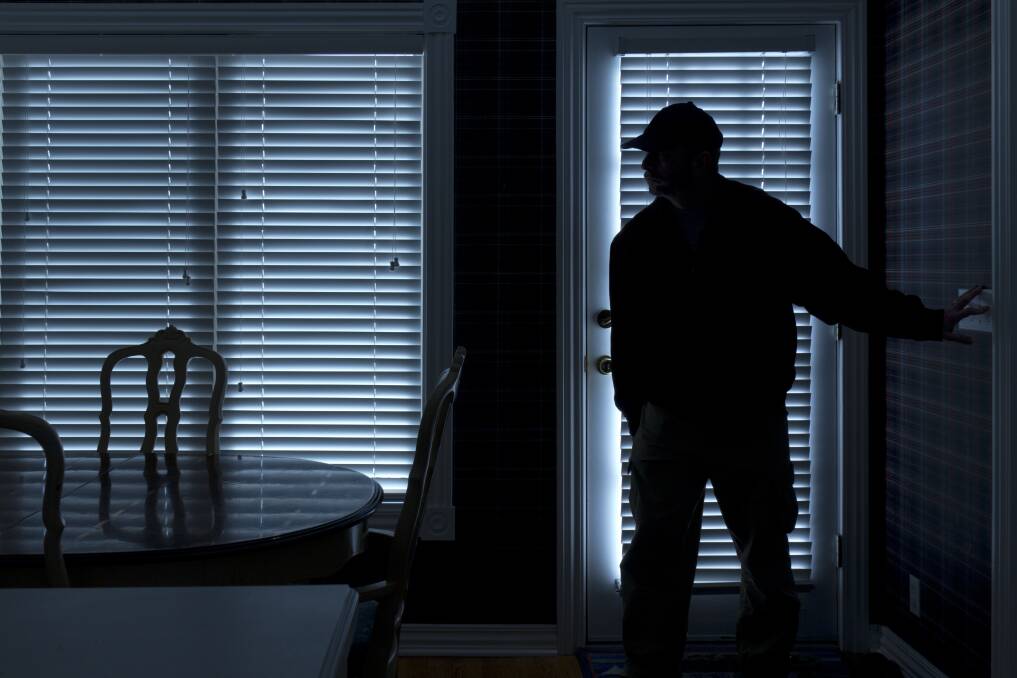
Come on, admit it. There's nothing like an arresting crime story to keep you glued to your lounge chair as you devour each plotline - either on TV or in a good novel.
Research from NSW University reveals we are obsessed with crime stories and it shows no signs of waning.
Our obsession even shapes our perception of crime fighters, notably police. The favourable promotion of law enforcement has been slammed by some researchers as police propaganda - known in academic circles as 'copaganda'.
Nothing makes for an engaging story quite like murder. As an audience, we can't help but dive into the psyche of a perpetrator, delving into the victim's past and listen to the dedicated detectives who investigate these vicious felonies - and their stories.
Associate Professor Alyce McGovern, criminology lecturer in the School of Law, Society and Criminology, UNSW Law and Justice, our fascination with crime might stem from the desire to explore crime vicariously because so few of us have, and will have, that kind of personal experience.
"Most people don't have direct engagement with crime in the real world unless they work in the criminal justice system or perhaps study criminology. Very few of us are and will be victims or perpetrators," Prof McGovern said.
Though our interest predates the many spinoffs of Law & Order that have graced our screens, Prof McGovern said there has been an increase in the demand for crime content.
"There's always a new true crime series or a new podcast from a police organisation, which suggests the demand from the public is growing. There's never a shortage of material to consume, critique and unpack."
Prof McGovern's research explores intersecting themes of crime, media and culture, including police public relations, image work and police use of social media.
She said people get their opinions about crime from what they read and listen to - whether it's the news, social media, podcasts, documentaries or TV shows.
"It isn't easy to measure the direct impact, but when you think about where we get our information about crime from, it shouldn't be surprising that our perceptions of crime issues, victimisation and policing are influenced by the content we consume," Prof McGovern said.

From true crime to 'copaganda'
Whether intentional or not, copaganda, or the favourable promotion of law enforcement, may reinforce misconceptions about the functioning of the criminal justice system.
"Even in the retelling of true stories, the dramatisation can make it hard to determine what's real and what's been fictionalised for entertainment or persuasion," Prof McGovern said.
There are many surprising similarities in the portrayal of crime, whether fact or fiction-based. Both place considerable focus on the impact of violent crime, particularly murder.
"There's a lot of focus on individual stories, and increasingly on the concept of an 'ideal' victim - someone who seemed to be blameless in their victimhood - which can reinforce certain misunderstandings," Prof McGovern said.
Some lawyers have argued that a CSI effect - named after the exaggeration of forensic science in shows like CSI - may also be influencing how juries expect to see evidence in court cases.
IN OTHER NEWS:
This can have flow-on effects, particularly what the public expects and accepts in terms of policy and response to how we deal with crime in the real world, Prof McGovern said. For example, the appetite for tough-on-crime approaches.
"Focusing on more serious, gruesome, disturbing crimes can impact people's fear of crime, particularly ones that are least likely to happen to us. In some cases, it may also increase public harm," Prof McGovern said.
An obsession only with the most violent and sensational can draw focus from more common crimes or systemic issues, such as the over-representation of specific populations in prison.
"There is less focus on structural problems that arguably need greater coverage but are not the unique, the unusual, the sensational - the things that stand out," Prof McGovern said.
While we can enjoy indulging in crime stories, Prof McGovern said it's also important for us to reflect critically on what we're consuming.
"It's important to be more conscious about what sorts of messages we're absorbing and whether the content is doing enough to highlight some of the other issues we have in the criminal justice system."


